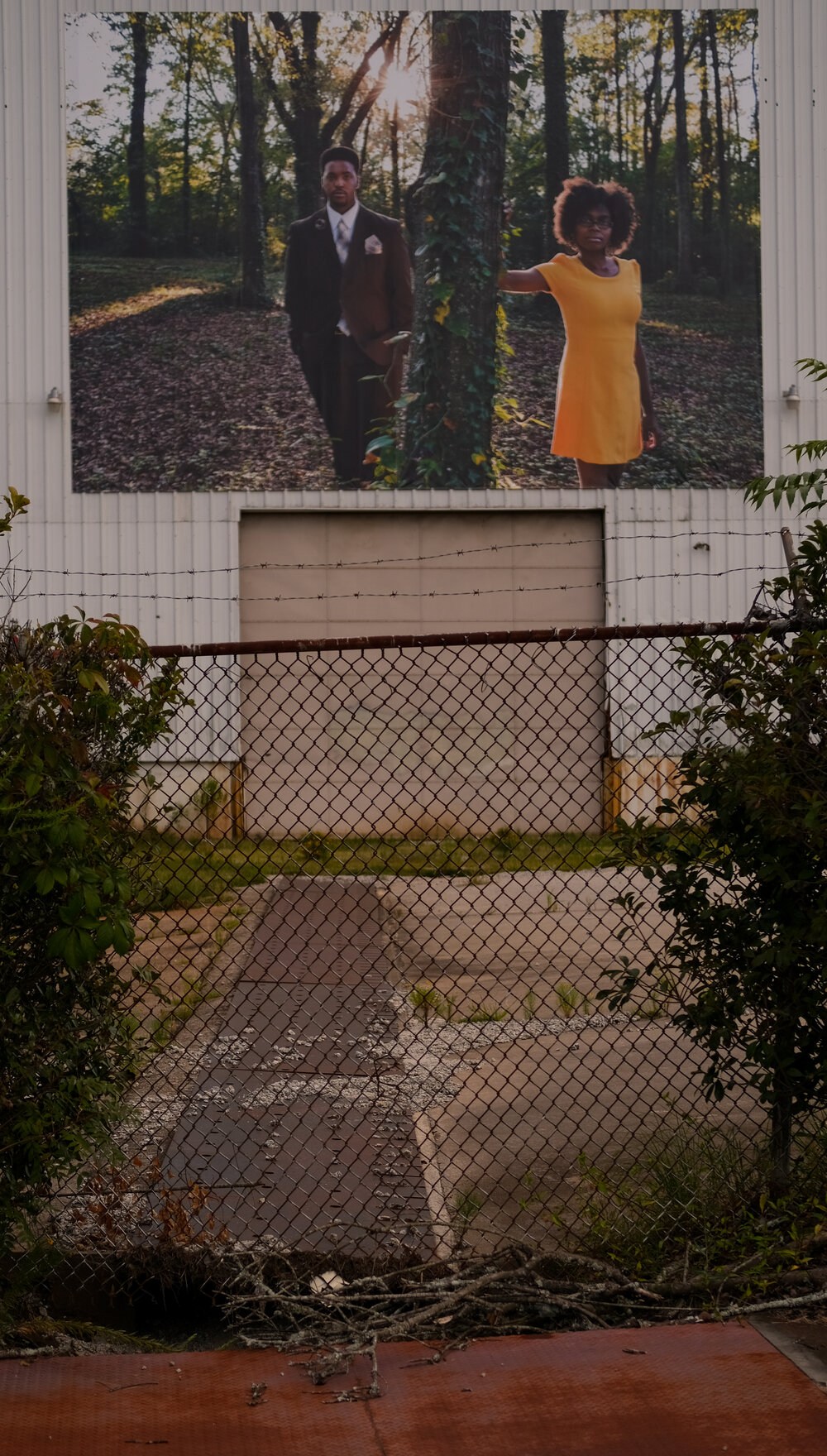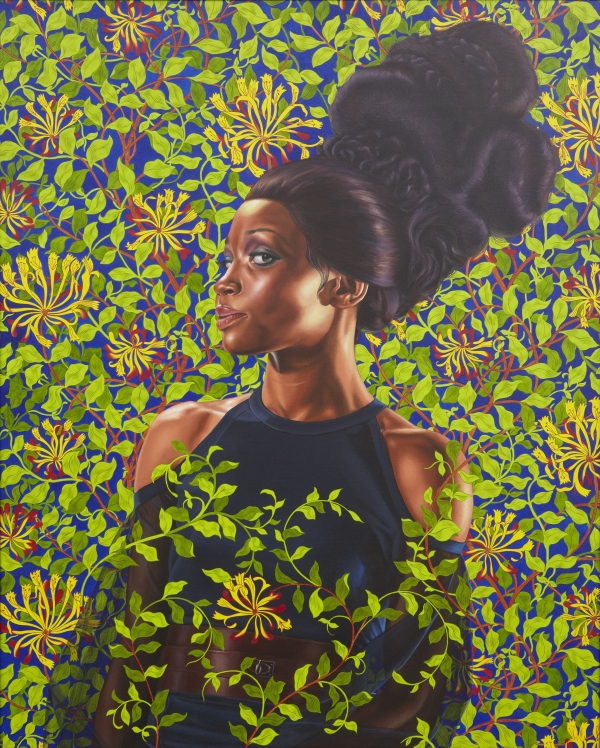“This is a story of how we begin to remember.” — Paul Simon
A Note From International Arts Movement
I have sat by my computer for hours, staring at a blank screen. I have struggled to find the words to write, to appropriately convey the sorrow and grief I feel when I observe the state of our world today. One thing is for sure: the world does not know justice. Evil exists. Truth is distorted. This year, for so many people, and for so many reasons, has felt unbelievably heavy. I often go to bed and hope that by some struck of luck, a miracle will occur, and we can fast forward the clock to 2021, as if a few months will heal the myriad wounds our world is experiencing.
Humanity is not stranger to grief and pain, but this particular moment in history feels different. As I watch the news and scroll through my social media, it seems that there is a moment of awakening occurring. People are recognizing the need for change and desperately looking for ways to make it happen.
At the same time, I find myself amazed by the sheer inhumanity and vitriol that seem to surface at the darkest times. People grasping at straws, trying to make a point, leaving nasty comments… it seems that this crisis has brought about the best and worst in humanity all at once.
I’m struck by my own inclination to fight for what is right and to make sure I have the last word, rather than sitting and listening. Resting in the silence, as uncomfortable as it may be, has taught me how to examine the root of my own impulses. More broadly, it has helped me to distill the things that are most important to me and forced me to eliminate distractions, tempting as they may be. As we all fight for what is right, I pray that we are all spurred on by a collective desire to bring people together, whether through a meal, a conversation, or a cup of coffee, despite the differences that may exist between us.
A Note from Makoto Fujimura, Founder of IAM Culture Care
Dear IAMers
Yesterday, a dear friend and I marched with an African American church in Brooklyn. When we arrived on the announced street (appropriately called Church Ave, and full of storefront churches), I saw Police cars surrounding the gathering. Of course, I feared the worst. But what I saw was the opposite of what I expected.
The march was done by one of the local pastors and seemed to have been coordinated WITH the police guarding us. The first thing I observed was one of the black police officers with a shirt “community service bureau” was literally going over the details of the organizers. The flashing lights were not from the image of brutality we have gotten so used to, and a crushing reality of oppression and police brutality that we were marching against. The flashing lights were police cars clearing the streets so we can march peacefully, the police cars went ahead of us and guarded us from behind. Even though the march was predominantly African American, the police officers were of different races.
The pastors implored change with vigor and vowed to protest until such a needed action would be taken. There were varieties of ages represented, and two youth leaders spoke as well. In their voices, you could detect the anger, grief and even a desire to hate — but they were reminded by the elders that this will be a long path ahead. We kept reasonable distances with everyone wearing masks. We felt safe, marching about a mile and a half to a neighborhood church, where the march ended as the sun set over Brooklyn.
In the midst of pandemic, we experience many facets of such marches, and personal journeys of losses. March Madness was replaced by Covid-19 shutdown, and April was a month of grief for New York metropolitan residents. May is the month of anger, protest — May Marches of 2020 may have had more impact than any efforts for change, but the leaders were right in saying that this is a long march ahead.
In the rapid pace of today’s challenges, we pushed back the release of our Culture Care podcast “Light Through the Cracks” to mid June. Our “episode zero” will be released soon, and this will be, in addition to this newsletter, a way to communicate with you from our Culture Care Collective. We have interviews with David and Anne Brooks, Christian Wiman, all cued up, but we want to introduce my “beloved community” of the Fujimura Fellows first, to set the tone for our conversations. Kintsugi Academy has now launched our leadership training which will continue throughout the summer (@academykintsugi on Twitter and Instagram). I continue to broadcast from my YouTube channel, and started to do Instagram Live interview/concerts/show and tell time from artists on my @iamfujimura feeds.
May our Marching May continue toward the long road of healing, mending and beholding the fractures. May we be makers in the midst, pouring gold into the divides.
Blessings,
Mako
Notes From the Road

“Cliff and Monique,” Mary Beth Meehan, 2019.
Pete Candler is a writer in Asheville, North Carolina. His current project is a literary-photographic quest along the backroads of southern and personal history in search of the stories that shape us more than we thought. Read and see more at adeepersouth.com
We knew we would end up in Newnan.
I’d brushed by Newnan many times in the past, but never gotten close enough to hear what it had to say — or to hide. Growing up in Atlanta, the Waffle House at the Newnan exit off of I‑85 was the exchange point where we would meet my aunt Susie either to ride on with with her to West Point or to bring my cousins back with us to Atlanta for a few days. My aunt Susie died in 2017. My cousins live in Birmingham and Chattanooga now. There hadn’t been much of a reason to pause in Newnan for years, until it became the inevitable final stop on our last day of Tour Seven in 2019.
Newnan isn’t just a pitstop town anymore. Whatever Newnan was like during the cousin-swaps at the Waffle House, today it is a lively small town within range of Atlanta. As a result, it’s absorbed some of the capital city’s commuters along with an uptick in diversity. In central Newnan in July 2019, there are visual avatars of Newnan’s self-aware diversity. A series of large photographic portraits by Rhode Island-based photographer Mary Beth Meehan hang on structures around town. One pictures two Muslim sisters in hijabs. Another, on the side of an aluminum warehouse behind a chain-link fence, features Cliff and Monique, a young African-American couple standing in a field that will soon look familiar to me. Taken together, the seventeen photographs represent a Newnan that is richly diverse, and not at all the white stronghold that many of its citizens imagine it to be.
Read more here.
Web Links
- Learn more about Mako’s journey from Ground Zero through this short film, featured on Q Media.
- From culture wars to culture care…
- Be pilgrims, not romantics.
- Comment Magazine recently launched a new project, Breaking Ground, to inspire “thinkers and doers to respond to the needs of this hour with wisdom and courage.”
- A reflection on public art and the purpose of monuments.
- What the bible has to say about black anger.
- A conversation about Christian pluralism in the midst of the upheaval of today’s world.
Header Image: Kehinde Wiley; “Shantavia Beale II”, 2012, oil on canvas.
